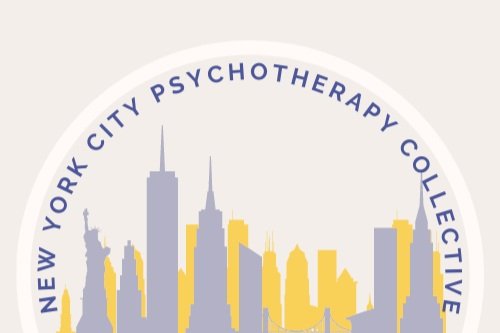WENDY LEVINE, LICENSED CLINICAL SOCIAL WORKER, CLINICAL DIRECTOR
It didn’t start out like this.
At first, drugs and alcohol were casual and fun, something you did socially or at parties. But somewhere along the way, they became a crutch for you to lean on when things were tough, and now it can sometimes feel like the substances are controlling you instead of the other way around. Maybe your relationships or career are starting to suffer, or you’re simply tired of waking up and feeling bad.
Some days, you convince yourself that you can continue to drink or use substances and also keep your job, have a healthy social life, and maintain relationships with your loved ones. But more and more lately, you hear a quiet voice wondering if you may need to stop - but you don’t know if you’re ready or how you would even take that leap. You're not alone. If the thought of quitting completely feels overwhelming, know that there are other ways to reduce the impact of your substance use on you and those around you.
You're ready for something better, but you’re not sure how to navigate life without alcohol or other substances. You don't know exactly what to do or how you want to get there, but you know you can’t keep doing this for much longer.
As a social worker for the past 25 years, I have worked with countless clients just like you. I bring deep expertise and training to our work together, leading with empathy and understanding to bring clients to their “a-ha” moments right when they need them most. Clients often tell me how valuable my perspective and advice has been for them, because after all these years, I know what works and I love getting to show my clients real solutions for change. The best part of my work is watching my clients get to use the tools and skills we’ve worked on to grow into their best selves. Whether it’s unfulfilling relationships, feeling stuck, big life changes on the horizon, grief and loss, traumatic events, or the general pervasive anxiety and depression that you feel every day, I am here for you.
I’m here to help. There's no one-size-fits-all approach and you don't have to figure this out alone. Together, we can navigate your unique path to a healthier you. I don't judge, pressure you into stopping if you don’t want it, or set rigid rules. Instead, we'll work together to find what works best for you to address your substance use, and your life in general.
WENDY’S Specialties and Approach:
I use Cognitive Behavioral Therapy and Insight Oriented - Psychodynamic Therapy approaches to specialize in helping adults who are examining their substance use and know they want a change, but are not sure if full sobriety is necessarily the next step. Maybe you just want to feel more in control of your substance use. Maybe you know that you do want to commit to total abstinence and want help to achieve and maintain that. I can help you create a healthier relationship with drugs or alcohol — however that looks for you.
Together, we can:
Uncover the reasons behind your substance use.
Create a plan that fits your needs, whether you want to completely stop or just cut back.
Help you communicate effectively with loved ones concerned about your substance use.
Learn techniques to regulate your nervous system and deal with stress in a healthy way.
Break old patterns and create new ones in their place that will better serve you.
Design strategies to stay on track and prevent lapses so that you can stay committed to your goals.
We’ll go beyond just changing behaviors. Sure, we'll tackle your day-to-day substance use challenges, but more importantly, we'll uncover the deeper reasons behind it. Often, reliance on substances is a way to cope (or really, not cope) with current struggles or past experiences.
This isn't just about quitting. It's about understanding what you’ve been trying to avoid by numbing your feelings with substances. By healing the root cause, you'll gain true freedom – the kind that leads to lasting change.
Healthy relationships with substances - and with people - will look different for each person. Together, we'll define what "healthy" means for you and create a plan to achieve and maintain it.
Mental Health Training, Credentials, and Experience:
Masters Degree in Social Work, Hunter College School of Social Work, 1999
Bachelor of Arts Degree, College of New Rochelle, 1995
Certified Clinical Trauma Professional, 2022
New York State Licensed Clinical Social Worker, #275988, 2007
SIFI (Seminar Training in Field Instruction - trains instructors on topics such as teaching cultural competency, challenges in field education, termination, process recordings, the role of the school in field education, and much more.), 2005
NPI 1780855999
Ready to feel hopeful about your future?
Book now so that we can start our work together.

